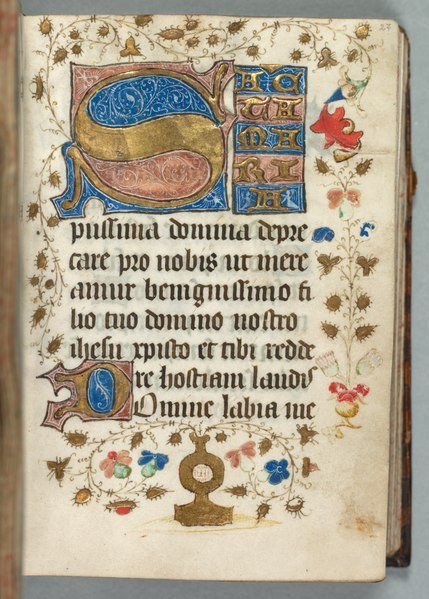The Imaginary Novelist is a newsletter exploring god, anti-god, and the divinity in the ordinary. After twenty years in the Catholic Church, I’ve spent the last several years exploring spirituality through a variety of lenses. I’m still seeking, and I don’t know what I’ll find, but this newsletter documents my agnostic search for spirituality. Subscribe here to receive The Imaginary Novelist in your inbox on the first of every month.
Sebastian Flyte Speaks to my Soul
That is what I want the whole world to be: free of fear, free of injustice, free of suppression. I want it, and I can taste it sometimes, and it is the loveliest idea: that change is possible.
A Queer Walks into a Church
For four years, since I left the Catholic Church, I thought that if I were to go back to church, it would have to be because of conviction. I would have to know that I believed in the creed of wherever I went, and that I endorsed it institutionally. But last week, it finally occurred to me that maybe church can just be something I enjoy. Maybe I like ritual and singing and community. Maybe the event is enough, and I don’t need to be internally convicted.
Trans. Substantiation.
In a way, the idea behind transubstantiation is the opposite of essentialism: rather than saying that form and essence are one, it says that essence can be something radically different than form, that essence can even change over time.
Truth Machine
I think all of us, in some way, are god, and I think that we all create truth in the stories we tell. Fiction writing, to me, is one of the most powerful ways of creating truth.
Dead Pope Society
This is at the heart of Catholicism: a belief that certain men are holy in a way that the rest of us are not. Most Catholics I know would deny this, but the simple fact is that without a priest, you cannot celebrate the Eucharist. Everything about the Mass elevates the clergy, and everything about the clergy is exclusionary.
Responding to Joy Williams
I return to my original idea, that writing is ordinary and thus divine. I sit and write every day of my life not because I want to change the world or cut people to the bone, but because it as an activity that I greatly enjoy. I want people to read what I write, but not because I think I am a purveyor of truth, nor because I think I’m serving a greater power and delivering its message. I want people to read what I write because I love my own words and I want others to love them too.
Driving, Walking, Writing, Praying
This essay comes to you in four parts, four times and four places and four opportunities for solitude that I have either taken or declined. When we are alone, and still, an encounter, whether with the depths of ourselves or something higher, is inevitable, and I think that’s why I avoid solitude at all costs.
For the Conversion of Souls
I cherish my autonomy. It is important to me that I not only have control over myself, but that others view me as having that same control. If, as I say, I don’t believe in the power of prayer to alter events, why do I feel like it is a threat to my autonomy to be prayed for?
Making History
Creation is often spiritual; people talk about a higher force guiding them, a muse or inspiration or something external to them. I don’t think history is any different. And history is a creative discipline, not an objective science. It is true that events happen, and certain people did certain things in certain places, but the telling of these facts is never objective.
Manic Pixie Dream God
Maybe it’s all real–Fatima, Sebastián, Bowie. Maybe it means that it’s real and in our heads, and neither negates the other. That God emerges from my experience. That God has no power outside of the power I give God.
Welcome to the Imaginary Novelist
“Always act as if god did not exist because if god does exist, he is at best a bad novelist who merits neither respect nor obedience. It is never too late to try to change the course of the story. And it may well be that the imaginary novelist has not yet made his decision. It may well be that the ending of the story is in the hands of his character, and that that character is me.”










